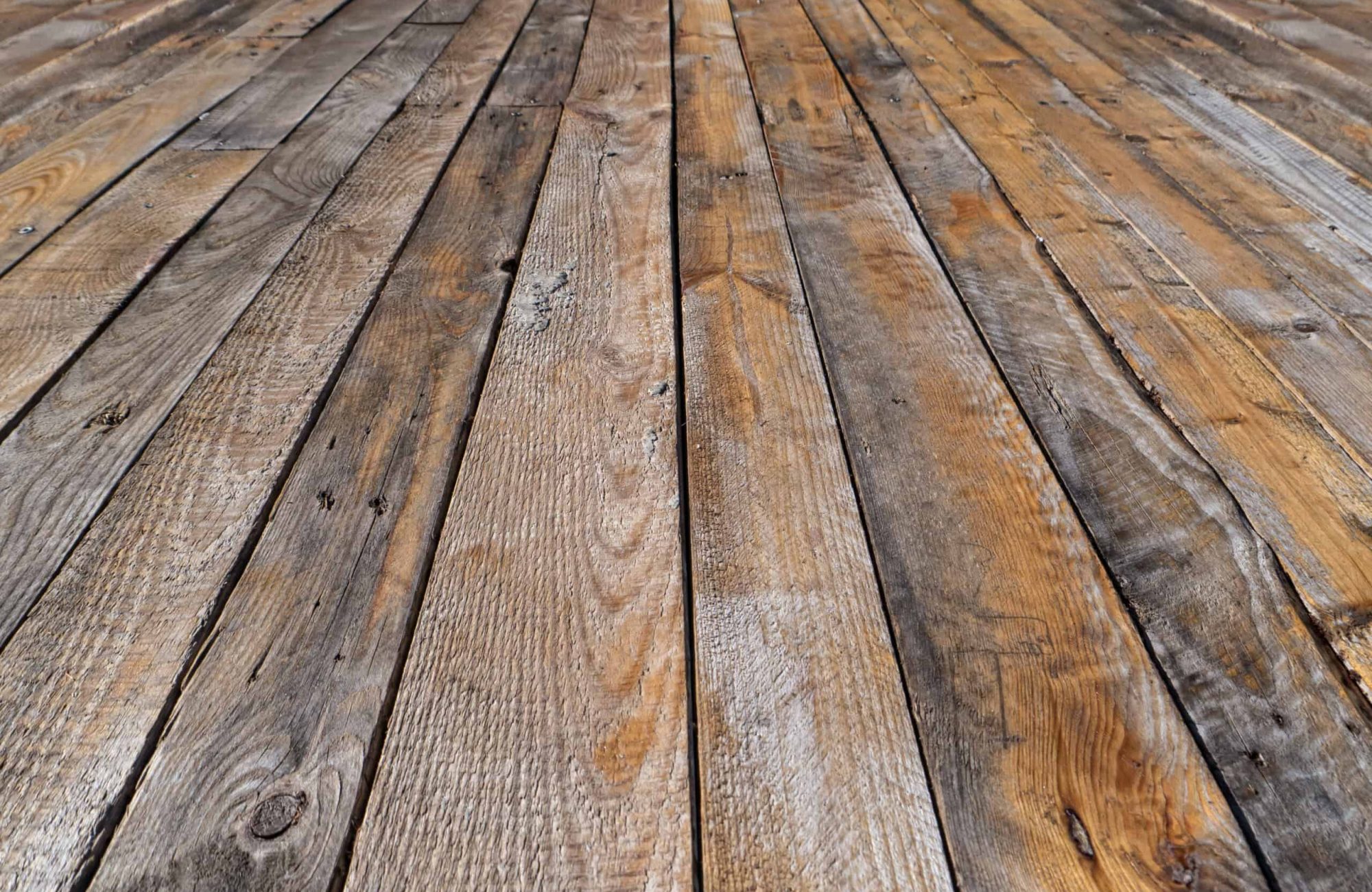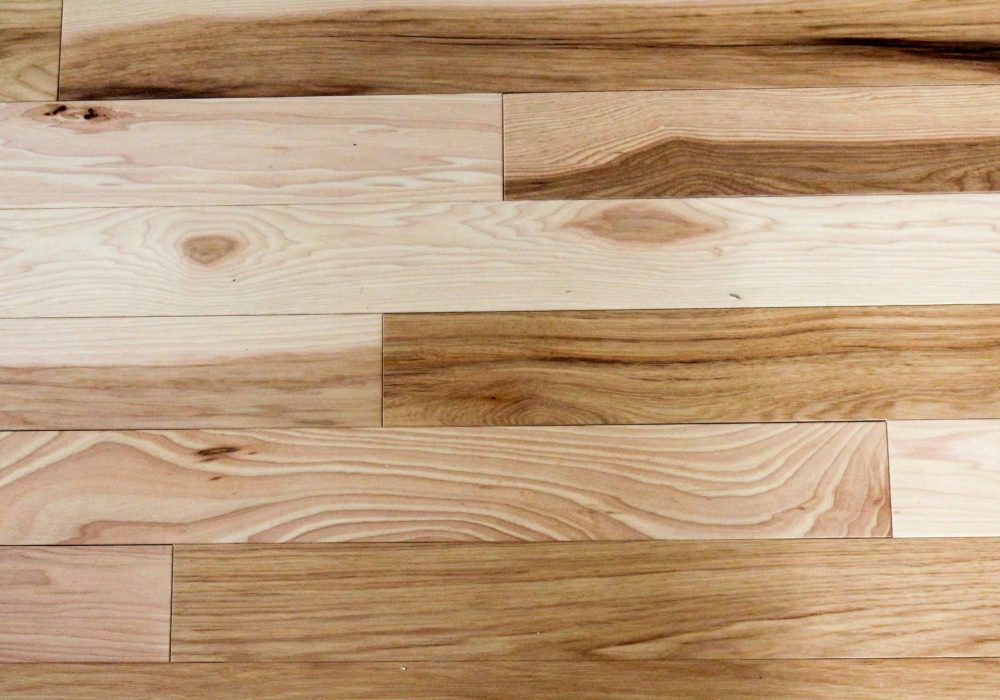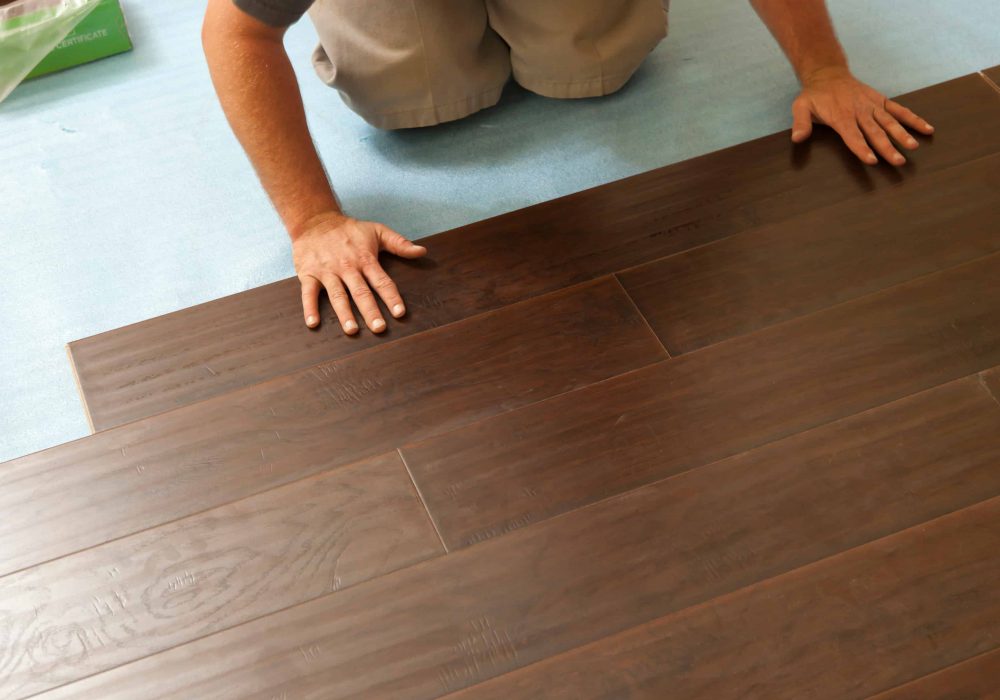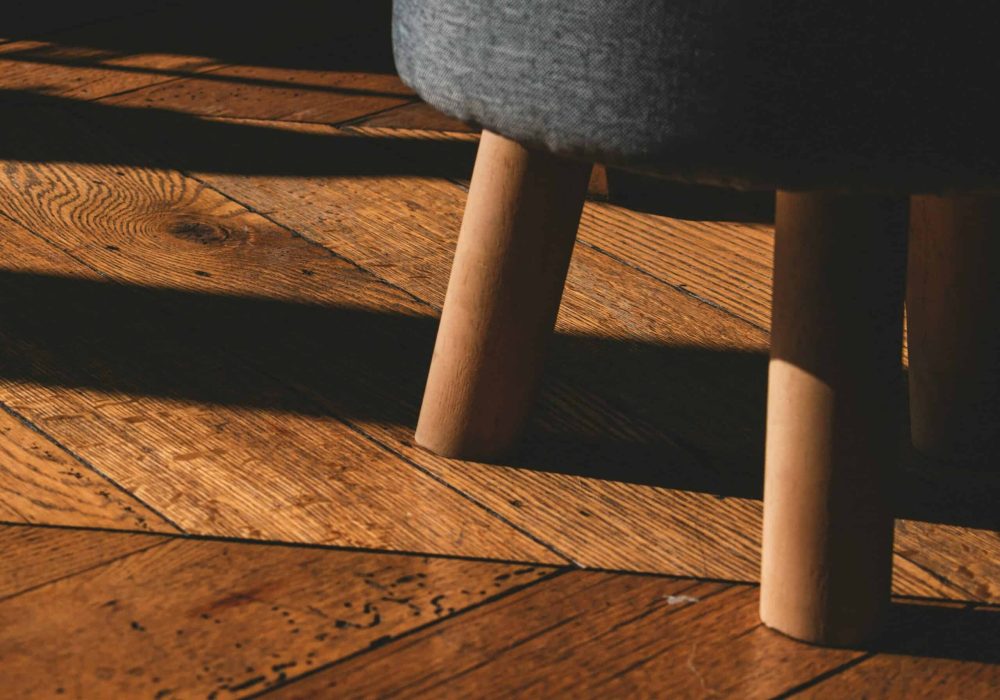Offering both style and durability, hardwood floors are a hallmark of elegance in any home. However, over time, even the sturdiest hardwood floors can show signs of wear and tear. This is where the decision of whether to refinish or replace your hardwood floors comes into play.
At Denver Dustless, we understand how important your floors are to the overall aesthetic and value of your home. In this article, we’ll explore the factors that should guide your decision between refinishing and replacing your hardwood floors.
Understanding the Basics of Hardwood Floor Care
Hardwood floors are known for their longevity, but this doesn’t mean they’re immune to damage. Factors such as foot traffic, pet scratches, furniture movement, and exposure to sunlight can affect their appearance and condition over time. The good news is, that with proper care and maintenance, these floors can last for generations.
When to Refinish Your Hardwood Floors
Refinishing is a great option when your floors are generally in good shape but have surface-level blemishes. Here are some situations where refinishing is ideal:
1. Minor Scratches and Wear
If your floors have light scratches or a worn finish, refinishing can effectively restore their original beauty. This process involves sanding the floor’s surface and applying a new layer of finish, which not only enhances the look but also adds a protective layer.
2. Fading and Discoloration
Over time, hardwood floors might lose their luster or show uneven color due to sunlight exposure. Refinishing helps in revitalizing the original color and sheen of the wood.
3. Outdated Finish or Color
Trends in flooring change over time. If your floors look outdated, refinishing can give them a modern touch without the need for a complete replacement.
When to Replace Your Hardwood Floors
Sometimes, the damage to your hardwood floors can be beyond what refinishing can fix. Here’s when replacement becomes necessary:
1. Extensive Damage
Floors severely damaged by water, deep scratches, or structural issues may require replacement. This is especially true if the damage has affected the integrity of the wood.
2. Thin Planks
Hardwood floors can only be refinished a certain number of times before the surface layer becomes too thin. If your floors have been refinished multiple times, it might be time to replace them.
3. Desire for a Completely New Look
If you’re looking for a completely new type of wood, grain, or plank width, replacing your floors is the way to go. According to Forbes Magazine, woods with a rustic look, like hickory, are becoming a popular choice because of their unique grain pattern and ability to conceal scuffs and scratches.
Making the Right Choice
Deciding whether to refinish or replace your hardwood floors can seem daunting, but it doesn’t have to be. At Denver Dustless, we believe in providing honest, expert advice to help you make the best decision for your home. If your floors show surface-level wear or need an updated look, refinishing is a cost-effective, efficient solution. However, for extensive damage, structural issues, or your desire for a complete change, replacement might be the better option.
Remember, whether you choose to refinish or replace, your hardwood floors are a significant part of your home’s character and value. Taking the time to assess their condition and make the right decision ensures that they continue to enhance your home for many years to come. If you’re unsure about the best course of action, we at Denver Dustless are here to help. With our expertise in selling, installing, and refinishing hardwood floors, we can guide you toward the best solution for your home. Let’s work together to keep your hardwood floors beautiful and functional. Contact us today!






